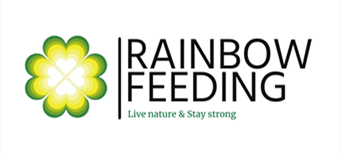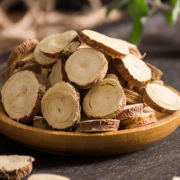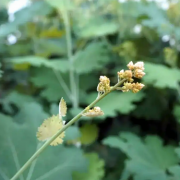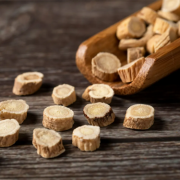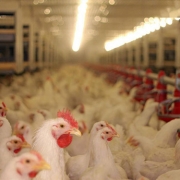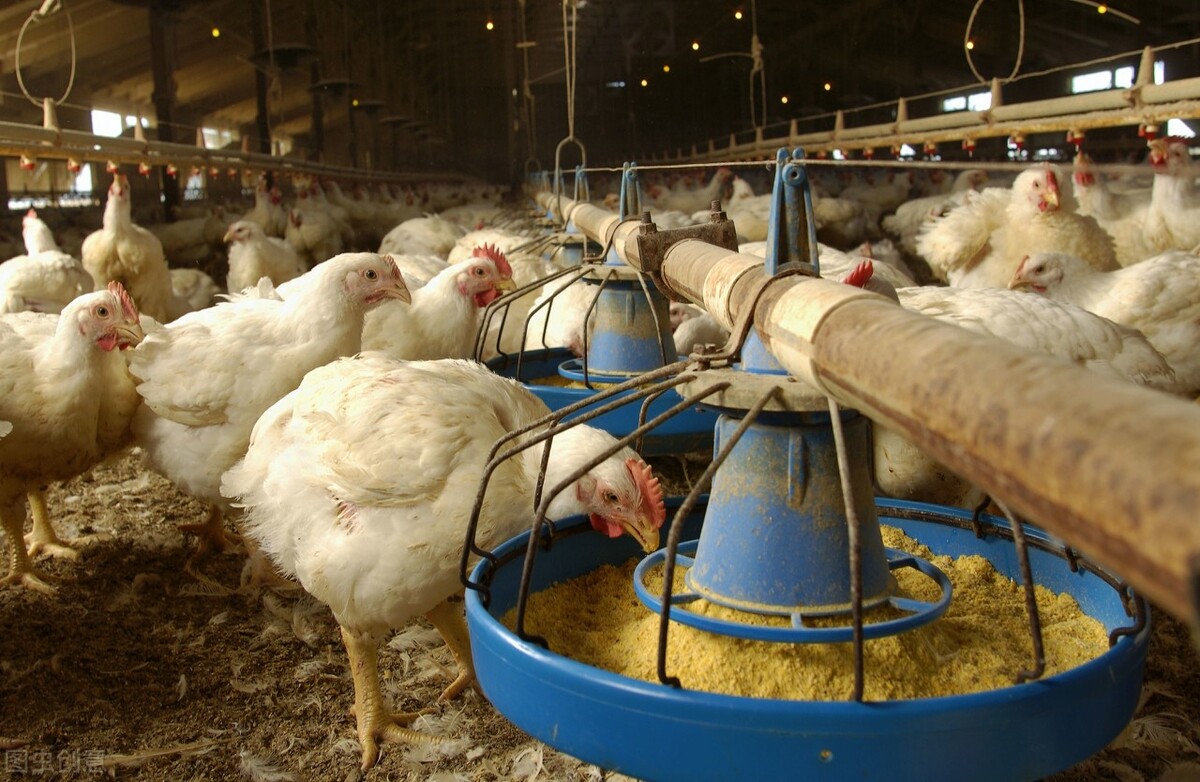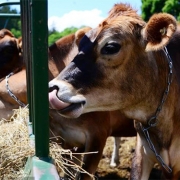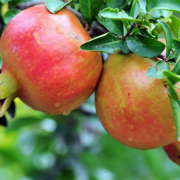Why Is Plant Based Antibiotics Popular In Animal Growth Promotion?
/in Solutions/by Rainbow FeedbingAntibiotics, simply put, refer to the microorganisms or chemical synthesis and obtained by the specific killing of microorganisms. British scientist Alexander Fleming first discovered penicillin, ushering in the era of antibiotics in 1928. Antibiotics have played a major role in animal production since the 1920s. In 1946, American scientist Moore and others first found that adding antibiotics to the feed of broiler chickens has the effect of promoting growth. Since then, antibiotics have been used in the feed of pigs, poultry, cattle, sheep and aquatic products. Experimental results show that adding antibiotics with lower than therapeutic dose to animal feed can effectively promote animal growth, improve feed conversion efficiency, and reduce morbidity and mortality of livestock and poultry.
However, the long-term use of antibiotics has brought about problems such as bacterial resistance, environmental pollution, animal food and drug residues, and public health and safety risks. The European Union imposed a total ban on antibiotics as feed additives in 2006. In recent years, plant-based antibiotics are used as an alternative to conventional antibiotics that are typically applied in animal feed such as plant essential oil, Eucommia ulmoides extract, mulberry leaf extract, honeysuckle extract, rosemary and other plants extracts in antibiotic substitution have been reported in academic journals. These medicinal plants contain an abundance of bioactive antibacterial and antiviral substances that are effective against pathogenic bacteria such as Salmonella, Escherichia coli, Listeria monocytogenes, and Campylobacter jejuni.
Benefits Of Plant Based Antibiotics In Animal Nutrition
Good for gut
Phytochemicals, or phytogenics, are compounds derived from plants that are used as substitutes for antibiotics. These plant-based components regulate gut flora and maintain intestinal integrity. These substances can promote the damaged intestinal villi repair or villi growth, promote the release of a large number of immune factors to improve the body’s resistance to disease. They have been shown to suppress disease-causing microorganisms and improve the intestinal health of animals. They also reduce oxidative stress and inflammation caused by enteric infections. Anti-inflammatory
Inflammation will lead to the ineffective consumption of a large amount of energy in animals, thus affecting growth and development. Reducing inflammation can improve the efficiency of energy utilization and promote animal anabolism. The survival time of animals raised based on food sources is relatively short, as long as inflammation can be prevented before slaughter, thus ensuring that the growth performance of the animals is not affected.
Promote growth
Often represented by feed conversion rate (FCR), is the improvement of digestive and nutrient absorption organ intestinal health and reduce the incidence of inflammation. We have been working on looking for functional substances rich in essential oils and phenolic acids that can resist oxidative stress and regulate intestinal flora, and finding functional substances rich in alkaloids that can resist inflammation and regulate intestinal integrity, and developing them into new veterinary drugs or feed additives that can reduce diseases, promote growth and improve feed remuneration.
Antibacterial
Most opinions believe that the root cause of the growth promotion effect of antibiotics is the direct intervention of microorganisms. It acts on cell wall and nucleic acid, which not only depends on the inhibition or killing of the pathogen itself, but also depends on the intervention of its virulence factors, which is easy to induce drug resistance. Natural plants (Chinese herbal medicines) have received special attention due to their low toxicity side effects, low residual resistance and definite efficacy. Different from synthetic antibiotics, natural plants target the virulence factors of pathogenic bacteria to reduce the drug resistance and pathogenicity of bacteria, so that the host immune system can more efficiently eliminate pathogenic bacteria and play its effect of intervening in the infection process, and it is not easy to produce drug resistance.
Safe and little antimicrobial resistance
Salmonella enterica has emerged as a major food safety hazard. This ubiquitous bacterial species has been found to be resistant to most of the commonly used antibiotics, which may indicate a need for revised treatment guidelines. There are also a number of ethical and environmental issues associated with their use. This has contributed to the development of commercial drug preparations. A number of countries are concerned about the use of antibiotics in food animals. This is due to their contribution to the growing antimicrobial resistance. In order to combat this problem, researchers have studied phytochemicals with beneficial effects on animals. Fortunately, there are a number of alternatives to antibiotics. These include phytochemicals, enzymes, and probiotics. However, further studies are required to determine their effectiveness and standardization of their effects.
Boost immune system
Natural plants protect against disease by improving the body’s own immunity. It may be a sustainable solution to drug-resistant bacteria by regulating the immune function of the body before infection, thereby minimizing the injurious inflammatory response and inducing protective mechanisms. Increasing evidence suggests that natural plants can maintain balance in removing pathogens and preventing persistent inflammatory responses in animals facing large amounts of antigen in the gastrointestinal tract, alleviating and preventing excessive inflammation. The role of natural plants in reducing the risk of intractable and autoimmune diseases stems from their powerful antioxidant effects and regulatory mechanisms for inflammatory responses.
OUR STORY
Rainbow Feeding was founded by Xi’an Rainbow Biotech Co., Ltd. with the simple idea, that caring for animal health. We provide natural herbal ingredients and reference substances for poultry, swine, ruminants and aquaculture species. Our excellence in technology and innovation would enhance not just the life quality of humans but also animals.
CATEGORIES
CONTACT US
- Tel:+86-29-86181352
- Mobile: +86-18309271650
- Email: [email protected]
- Address: Room 701, Building B, Haibo Plaza, Fengcheng No.9 road, Xi’An, Shaanxi Province, China
